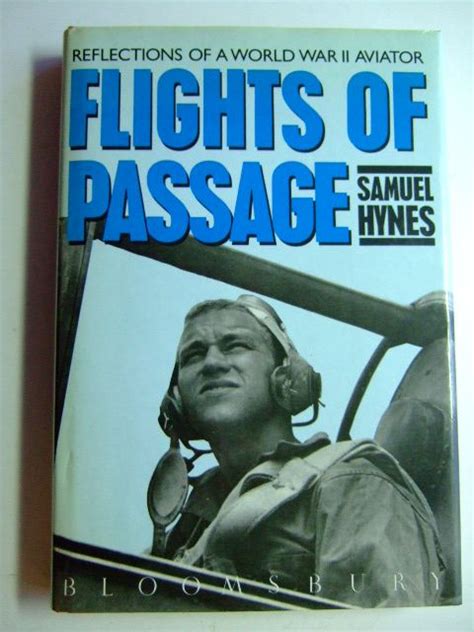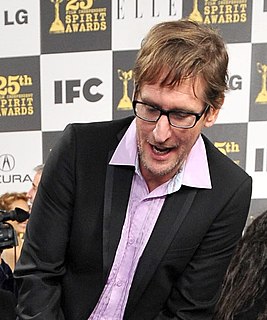A Quote by Darin Strauss
If the memoirist is borrowing narrative techniques from fiction, shouldn't the novelist borrow a few tricks from successful non-fiction?
Quote Topics
Related Quotes
I obviously read and adore traditional fiction. I teach traditional fiction, I also teach all kind of not-so-traditional fiction. And since I'm such a plot buff, and I'm really such a narrative buff, I can't seem to relinquish my - not just reliance - but excitement about those traditional techniques.
Creative non-fiction is such a liberating genre because it allows the non-fiction writer, whether he or she be journalist or essayist, to use all of the techniques of the fiction writer and all of the ideas, creative approaches, that fiction writers get a chance to use, but they have to use it in a true story.
When you're writing a book that is going to be a narrative with characters and events, you're walking very close to fiction, since you're using some of the methods of fiction writing. You're lying, but some of the details may well come from your general recollection rather than from the particular scene. In the end it comes down to the readers. If they believe you, you're OK. A memoirist is really like any other con man; if he's convincing, he's home. If he isn't, it doesn't really matter whether it happened, he hasn't succeeded in making it feel convincing.
There is really no fiction or non-fiction; there is only narrative. One mode of perception has no greater claim on the truth than the other; that the distance has perhaps to do with distance - narrative distance - from the characters; it has to do with the kind of voice that is talking, but it certainly hasn't to do with the common distribution between fact and imagination.
Writers imagine that they cull stories from the world. I'm beginning to believe that vanity makes them think so. That it's actually the other way around. Stories cull writers from the world. Stories reveal themselves to us. The public narrative, the private narrative - they colonize us. They commission us. They insist on being told. Fiction and nonfiction are only different techniques of story telling. For reasons that I don't fully understand, fiction dances out of me, and nonfiction is wrenched out by the aching, broken world I wake up to every morning.




































